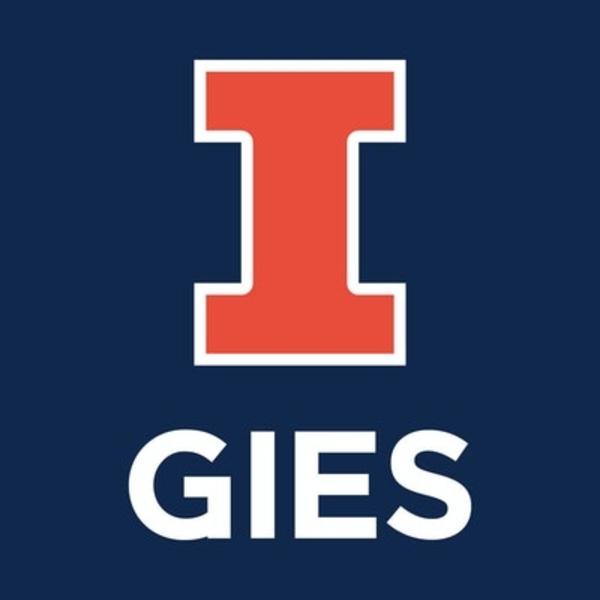Price:
7589 EUR
Contact
University of Illinois at Urbana-Champaign
Description
All goods and services are subject to scarcity at some level. Scarcity means that society must develop some allocation mechanism – rules to determine who gets what. Over recorded history, these allocation rules were usually command based – the king or the emperor would decide. In contemporary times, most countries have turned to market based allocation systems. In markets, prices act as rationing devices, encouraging or discouraging production and encouraging or discouraging consumption in such a way as to find an equilibrium allocation of resources. We will construct demand curves to capture consumer behavior and supply curves to capture producer behavior. The resulting equilibrium price “rations” the scarce commodity. Markets are frequent targets of government intervention. This intervention can be direct control of prices or it could be indirect price pressure through the imposition of taxes or subsidies. Both forms of intervention are impacted by elasticity of demand.
After this course, you will be able to:
• Describe consumer behavior as captured by the demand curve.
• Describe producer behavior as captured by the supply curve.
• Explain equilibrium in a market.
• Explain the impact of taxes and price controls on market equilibrium.
• Explain elasticity of demand.
• Describe cost theory and how firms optimize given the constraints of their own costs and an exogenously given price.
This course is part of the iMBA offered by the University of Illinois, a flexible, fully-accredited online MBA at an incredibly competitive price. For more information, please see the Resource page in this course and onlinemba.illinois.edu.
Specific details
Category of Education
Business and Economics







 How to resolve AdBlock issue?
How to resolve AdBlock issue? 


Comments (0)